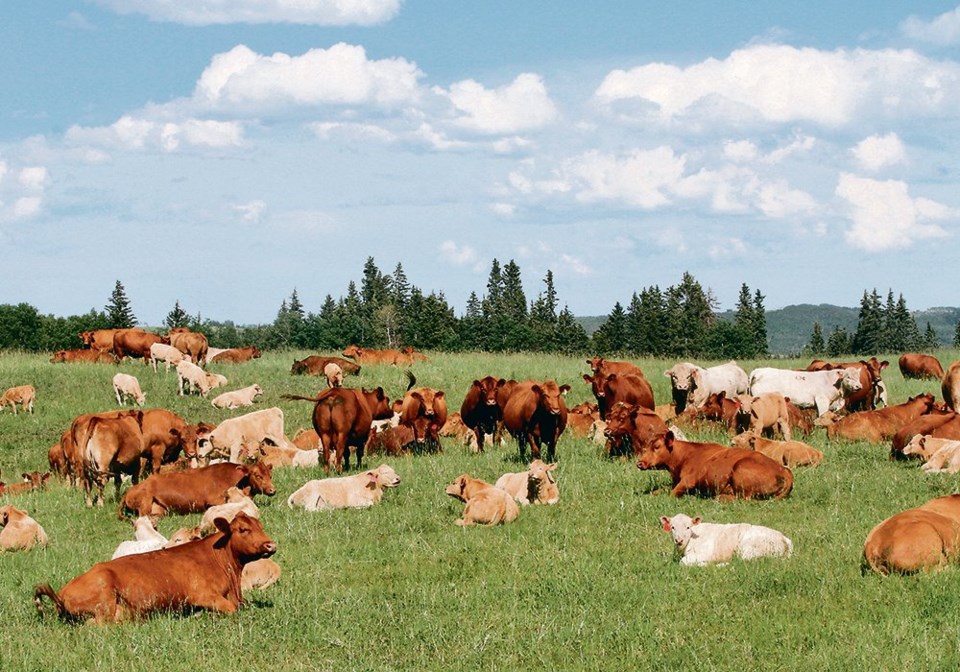Farmers and their organizations should pay close attention to the ,” signed this month by 134 countries, including Canada.
The declaration released early during the COP28 climate summit in Dubai is vague and offers little explanation as to how its goal of urgently transforming agriculture will be achieved. Those who thought more clarity would emerge during a full day devoted to revamping global food systems Dec. 10 were disappointed.
Still, this commitment by countries representing more than 70 per cent of the food consumed and 76 per cent of total emissions from the global food chain, places agriculture and food on the climate-change agenda in a way it hasn’t been before.
It also implies more funds for the pot to support climate-friendly farming. Canada has also signed on to support the $17-billion fund behind Agriculture Innovation Mission for Climate (AIM for Climate). It is helping to finance projects such as Saskatchewan’s Agtech Accelerator aimed to support start-ups that are developing climate-smart agriculture technology.
Agriculture and food are responsible for about one-third of global greenhouse gas emissions and about half of those are attributed to livestock production. Yet agriculture receives less than five per cent of funds dedicated to mitigating climate change on a global basis.
While continued gains in productivity undoubtedly have a role in securing global food security, focusing on more production can no longer be the end goal.
Incentivizing transformative change calls for a whole new approach to valuing — and supporting — what farmers do. It has implications for research, marketing structures, support programs as well as trade policy.
As things stand, farmers are paid for how much they produce. Increasing production drives investments in research. It is what drives the markets. Government support programs such as crop insurance compensate based on yield losses. AgriStability penalizes farmers who are diversified.
Farmers who attempt to incorporate more sustainable practices typically face yield penalties, at least in the initial stages. They can’t be expected to carry the full cost of mitigation and emissions reduction.
Once the high-level targets are set, fixing all this becomes a granular process, as evidenced by this change announced recently by our neighbours to the south.
The USDA’s Risk Management Agency has changed how it defines “good farming practices” for the purposes of crop insurance payouts. In the past, USDA’s good farming practices were defined as methods that did not negatively affect yields. That penalized farmers who adopted cover crops, for example. That has been replaced with a new definition that places more onus on approved conservation practices.
The real work begins after the meetings end in Dubai and the 70,000-odd representatives of governments, academia, industry stakeholders and lobbyists return to their home countries. There will be lots of voices at the table. Many are backed by larger numbers, bigger budgets and louder voices than farmer organizations and they may promote solutions that appear deceptively simple from their vantage points.
For farmers to truly influence this process, they must frame their positions not only in the context of why what they want is good for agriculture, but why what is good for agriculture is also good for the climate.
The tendency is for agriculture to dig in its heels. We say it’s time to roll up your sleeves.
Karen Briere, Bruce Dyck, Barb Glen, Michael Robin, Robin Booker and Laura Rance collaborate in the writing of Western Producer editorials.
SASKTODAY.ca is Saskatchewan's home page. Bookmark us at this link.




